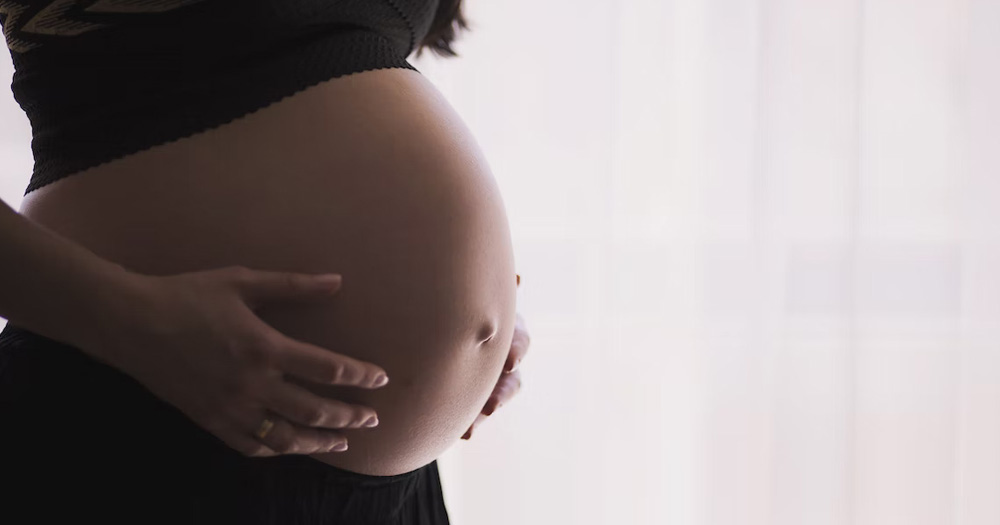The Cabinet has approved numerous amendments to the Assisted Human Reproduction (AHR) Bill, seeking to recognise families created via international surrogacy. New amendments to the bill are set to approve overseas surrogacy and allow both parents within a couple to be legally recognised as their child’s parents by Irish law. At the moment, domestic or international surrogacy remains unregulated as there are no laws to govern it. Most surrogacies within Irish families are financially arranged outside of the country.
On Tuesday, December 13, Health Minister Stephen Donnelly, along with Justice Minister Heather Humphreys and Minster for Children Roderic O’Gorman, received Government approval for the new policy. The approach approved by the Cabinet will be a two-step process to recognise parentage in all international surrogacy situations. This includes pre-conception approval by the Assisted Human Reproduction Authority and a granting of a Parental Order of Surrogacy post-birth. These parental orders are used to transfer the rights to parentage from the surrogate mother to the intended parents.
According to the Irish Examiner, today the cabinet approved a draft of the amendments to the AHR bill, and concluding drafts of the bill are due in early 2023 for final approval. This follows the 32 recommendations made by the Joint Oireachtas Committee on International Surrogacy. The committee was established in January and recommended creating a new legal framework to support families created through international surrogacy.
Senator Mary Seery Kearney, who has long campaigned for this issue, advocated for “second parents” in surrogacy arrangements, saying “the decisions they currently can’t make are simple ones parents usually take for granted, like consent for medical care, taking medication, school trips, having their photos taken. Second parents in situations where their relationship has broken down will now be able to go into court to secure access and custody orders in respect of their children.”
She concluded: “I know of a number of situations where mothers have been coerced into waiving interests in family homes just so that they can get to care for their own children. This discrimination will end today for the second parents of children born via surrogacy.”
???Children in LGBTQ+ families in Ireland are #stillnotequal
Please follow, share, join, support our work however you can to help us campaign for #Equality for our children ?️??
For more?https://t.co/kIEqJTKKUu@IrishGayDads @IrishFamiliesTS @LGBT_ie @NISIG1 @ILMIreland pic.twitter.com/8fKFYREGuV
— Equality for Children (@equalchildren) December 7, 2022
News of the bill’s approval serves as a relief to the families who have consistently campaigned for legislation surrounding the issue. Under Irish law, the intended mother of a child born through surrogacy is not entitled to apply for the same declaration of parentage as the child’s genetic father. Because the process was previously unregulated, thousands of couples in Ireland face challenges regarding their legal parental status.
This is particularly problematic when parents are expected to sign official documents related to vaccinations, bank accounts, or passports. Only the legally designated parent is allowed to sign for their child in these cases. International surrogacy is also pursued as an option for many LGBTQ+ parents if they want a biological child but neither person can become pregnant.
© 2022 GCN (Gay Community News). All rights reserved.
Support GCN
GCN is a free, vital resource for Ireland’s LGBTQ+ community since 1988.
GCN is a trading name of National LGBT Federation CLG, a registered charity - Charity Number: 20034580.
GCN relies on the generous support of the community and allies to sustain the crucial work that we do. Producing GCN is costly, and, in an industry which has been hugely impacted by rising costs, we need your support to help sustain and grow this vital resource.
Supporting GCN for as little as €1.99 per month will help us continue our work as Ireland’s free, independent LGBTQ+ media.

comments. Please sign in to comment.